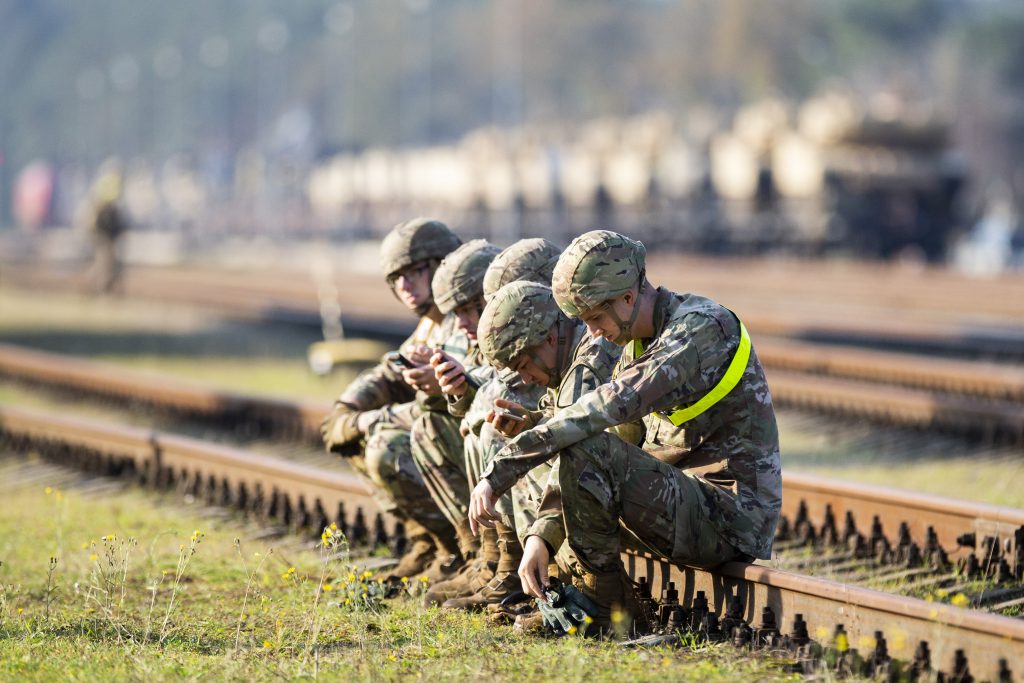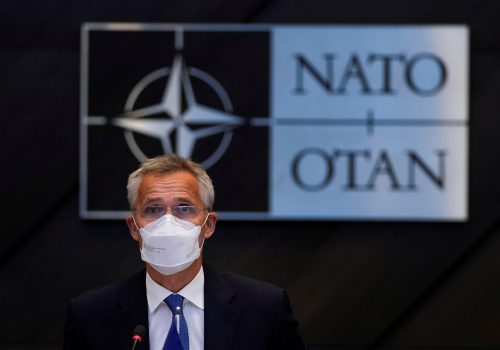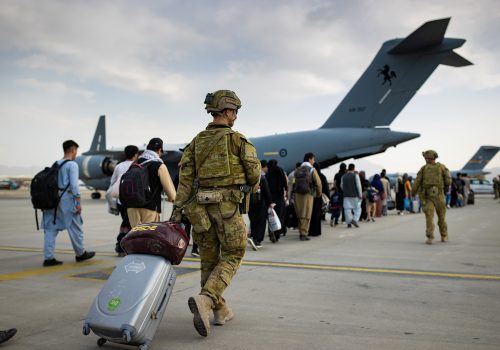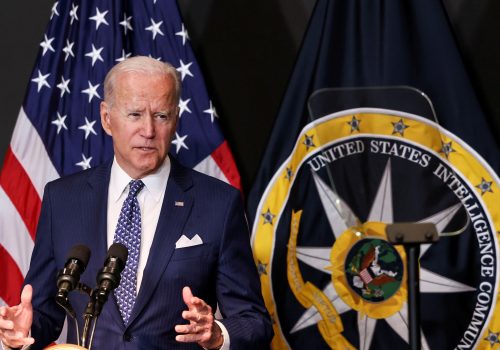Since World War II, US presidents have understood the tremendous value of security cooperation, prompting them to invest in alliances and partnerships. These are, after all, significant components of US national security, and as President Joe Biden recently noted, “America’s alliances are our greatest asset.”
Yet successful security cooperation—which includes arms transfers, training, security assistance, treaties, or agreements—is built around two key principles: trust and integrity of commitment, both of which are at risk today thanks to the haphazard US withdrawal from Afghanistan.
In the US military, the term “integrity check” refers to a concern about an individual’s or unit’s capability or trustworthiness. Following the debacle in Kabul, the United States and its global security cooperation posture is in dire need of one.
Just look at the anger expressed by stalwart NATO allies such as the United Kingdom, which in the aftermath of 9/11 unquestionably joined in to invoke the Washington Treaty’s Article 5 for collective self-defense (the first time the Alliance ever did so). That NATO launched its first operations outside the Euro-Atlantic area and began a far-reaching transformation of capabilities signaled its trust in the United States’ reliability when it came to security cooperation.
Now, treaty allies and partner nations are reassessing their bilateral security relationships with the United States. It’s not just the NATO states caught off-guard by the haphazard departure from Afghanistan that will think twice before embarking upon future military campaigns with the United States. Resolute defense partners in the Middle East and the Indo-Pacific—including Saudi Arabia, Jordan, Qatar, Japan, South Korea, and Taiwan—likely also need overt reassurance, such as a clear national-security strategy and declared recommitments.
Additionally, these partners are increasingly feeling the need to proactively raise their own defense capabilities by boosting their budgets or coordinating with allies to ensure regional security along with the United States.
Besides stress-testing the integrity of American security cooperation, the Afghanistan withdrawal also highlights the necessity of staying the course on long-term investment in mutually beneficial security partnerships with countries with which the United States has shared interests—or shared threats. Well before the fall of Afghanistan, foreign partners were already questioning the reliability of the United States at a time when the debate in Washington about our global posture was becoming increasingly politicized.
The case for partnering with the United States needs to be clearly articulated through the presence, performance, and processes of American security cooperation. The quality of US aerospace and defense equipment, the commitment to build capabilities, and the reassurance that comes from partnering with the US military must include further transparency, accountability, and predictability of policies.
If not, American allies and partners will be hesitant to collaborate with us on future shared security requirements—or simply seek cooperation elsewhere.
We owe it to our fellow Americans, as well as to allies and partners, to be candid about the costs of security and what it takes to support our shared values of the rule of law, civil society, and human rights. As we await the outcome of the Global Posture Review, or a revised Conventional Arms Transfer Policy, anti-democratic adversaries in Beijing and Moscow are aggressively exploiting each disruption associated with the Taliban takeover in Kabul.
If alliances are indeed our “greatest asset”—whether in the Middle East, Indo-Pacific, Africa, or Europe—it is crucial for US officials to actively affirm their values through clear recommitments and presence in security cooperation, such as the recent pledges made to Israeli Prime Minister Naftali Bennett and Ukrainian President Volodymyr Zelenskyy.
We would be naïve to believe that countries around the world have no choice but to partner with the United States. Washington must be deliberate in its efforts to prove why choosing the United States as a security partner remains the best option.
R. Clarke Cooper is a nonresident senior fellow with the Atlantic Council, a former assistant secretary at the Department of State, and a US Army combat veteran.
Further reading
Image: US Army soldiers pause while participating in military drills in Lithuania on October 21, 2019. Photo via Scanpix Baltics via Reuters Connect.



